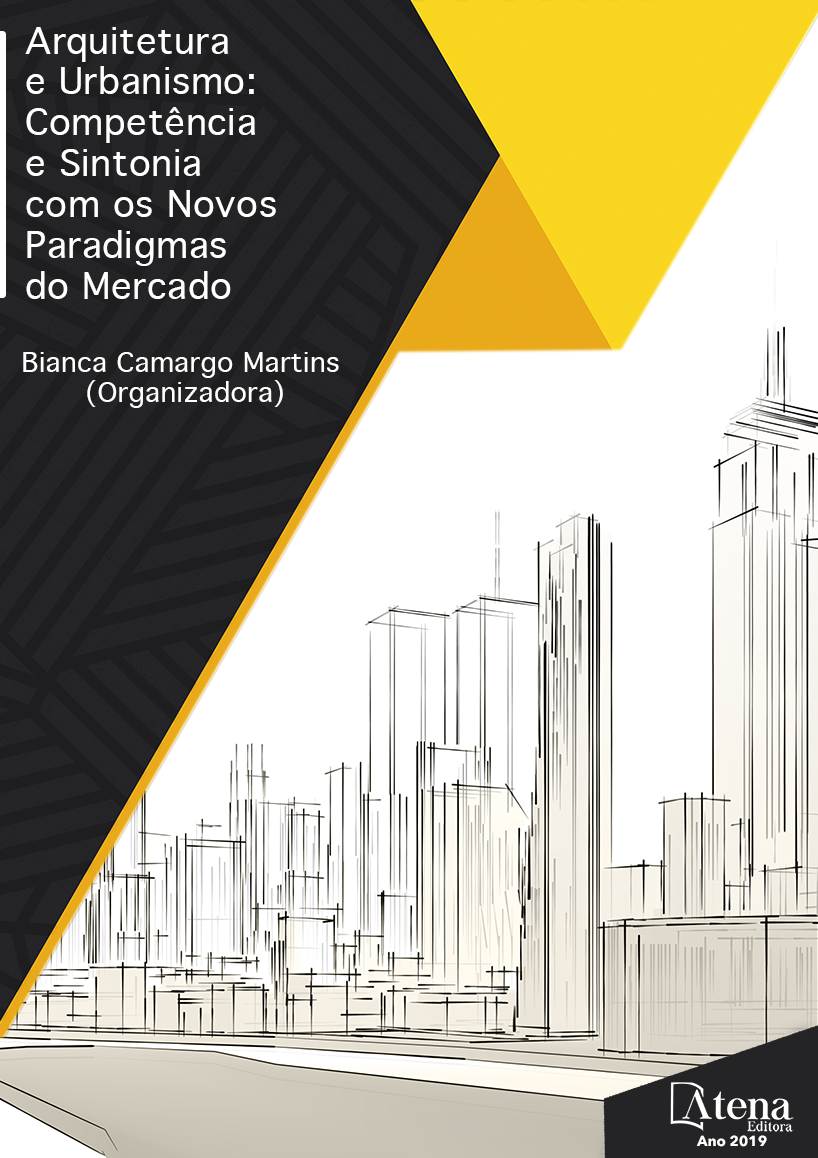
FORMAS DE IDENTIFICAÇÃO DE ELEMENTOS DA PAISAGEM CULTURAL: METODOLOGIA APLICADA EM ITAGUAÇU – ES
A paisagem cultural ganhou espaço,
inicialmente, quando no início do século XX,
Carl Sauer, em Geografia, criou o conceito
de paisagem cultural, como resultado da
ação da cultura. Essa definição se completa
com a definição de patrimônio cultural, onde
são considerados patrimônio cultural, os
monumentos, os lugares e os conjuntos, que
são grupos de construções isoladas ou reunidas
que, em virtude de sua arquitetura, unidade ou
integração com a paisagem, tenham um valor
universal excepcional do ponto de vista da
história, da arte ou da ciência. As definições
de paisagem cultural, patrimônio cultural e
outras como paisagem urbana e imagem
urbana contribuem para a escolha e definição
de elementos da paisagem a ser conservada,
levando em conta a importância e percepção
deste ponto para a organização da cidade. O
trabalho teve como objetivo, encontrar o principal
elemento da paisagem cultural do município
de Itaguaçu, situado no interior do Espírito
Santo, por meio de revisões bibliográficas
para encontrar definições que auxiliem
nessa escolha, pesquisas iconográficas, que
comprovem a importância desse elemento na
história do município, percepção do seu estilo
arquitetônico e elementos da sua arquitetura
que referenciam sua imponência.
FORMAS DE IDENTIFICAÇÃO DE ELEMENTOS DA PAISAGEM CULTURAL: METODOLOGIA APLICADA EM ITAGUAÇU – ES
-
DOI: 10.22533/at.ed.8561918079
-
Palavras-chave: Paisagem; Cultural; Itaguaçu.
-
Keywords: Landscape, cultural, Itaguaçu.
-
Abstract:
The cultural landscape gained
ground, initially, when at the outset of the XX
century, Carl Sauer, in Geography, created the
concept of cultural landscape, as a result of the
action of culture. This definition completes itself
with the definition of cultural heritage, where it’s
considered patrimony all monuments, places
and architecture sets, which are groups of
buildings, either isolated or gathered, that due
to its architecture, unity or integration with the
landscape, have extraordinary universal value
on historical, artistic and scientifical standpoint.
The definitions of cultural landscape, cultural
heritage and others such as urban landscape
and urban image contribute to determine and
define which elements of the landscape will be
preserved, keeping in mind the importance and
perception of that point to the city’s organization.
This research had as a goal to find the main element of Itaguaçu’s cultural landscape,
placed on the countryside of Espírito Santo, by means of bibliographical research to find
definitions that support that choice, iconographic research that prove the importance
of said element in the history of the town, perception of its architectonical style and
elements of its architecture that reference its grandiosity.
-
Número de páginas: 15
- Amanda Guimarães Meneses


